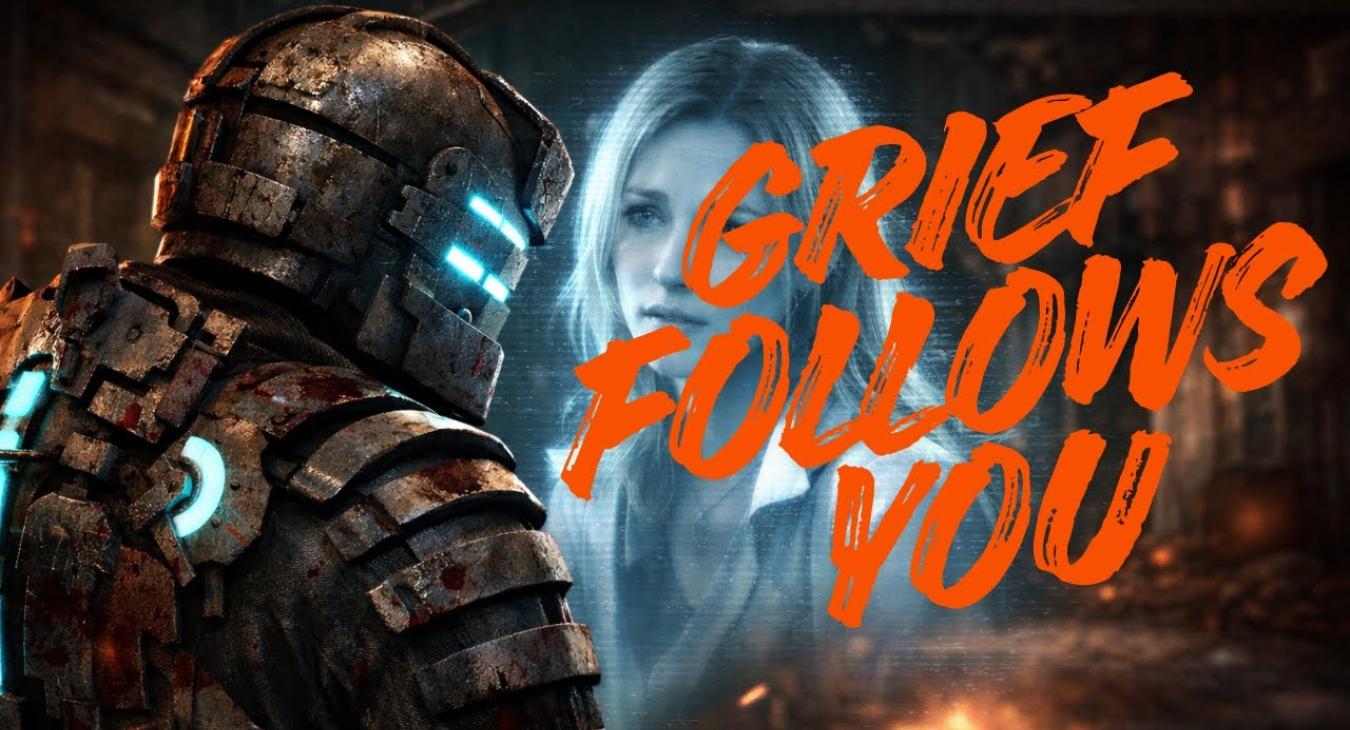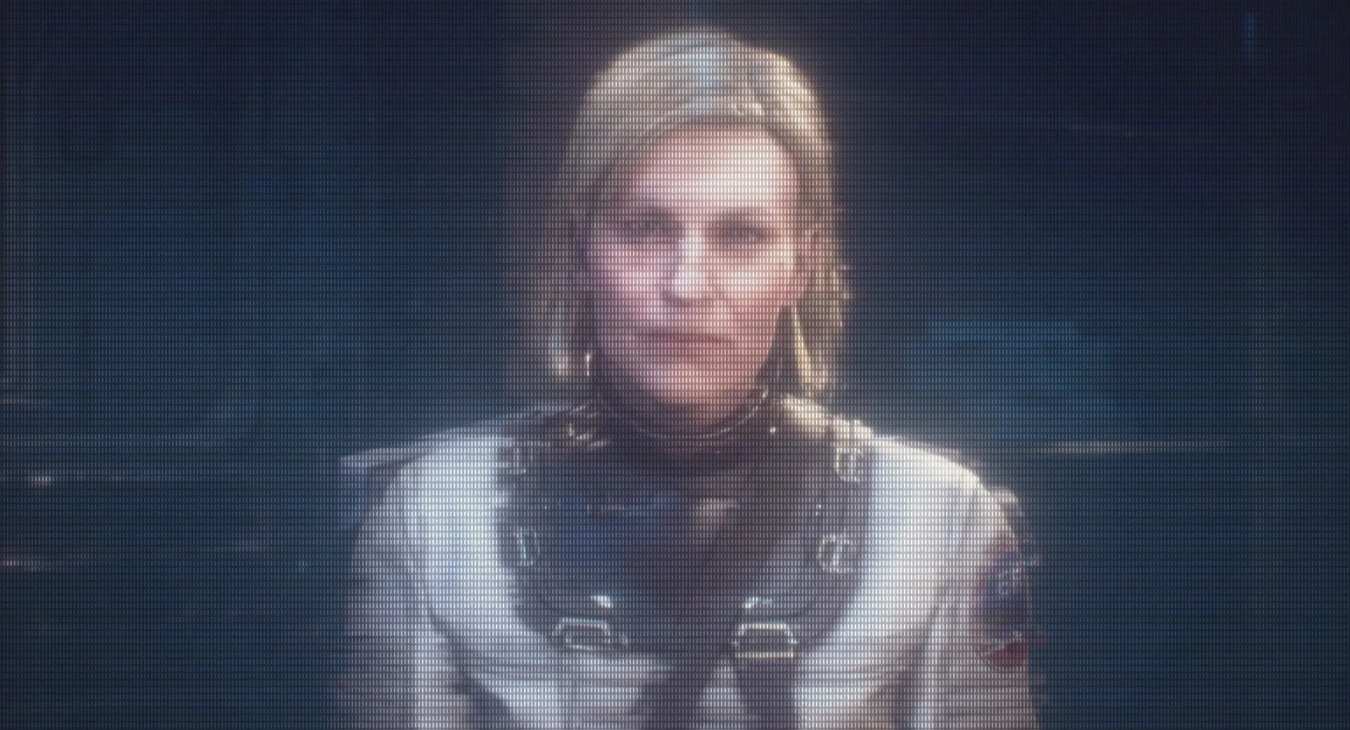Acceptance in Dead Space 2
You can read part one here.
Ghost of Nicole: Moment of truth. Isaac! Who am I? Am I your friend? Your lover? The one shred, one light, one bright, shining star you clung to in this universe? Or am I your guilt? Crushing the life out of you because you can’t get over the fact that I’m dead? That you feel responsible? Who… am… I?!? Why do you keep fighting me? Why can’t you let go?
Isaac Clarke: Because you were my everything. And if I let you go, I’ve got nothing left.
(Nicole’s face changes to how it was when she was alive.)
Ghost of Nicole: Step four, Acceptance. Now you’re ready to finish this.
(She turns around and walks away.)
This scene unfolds towards the end of Dead Space 2 and marks the beginning of the game’s final act. For far too long, Isaac has been unable to let go of Nicole and his guilt over her death. What makes this moment powerful isn’t just the emotional weight, but the fact that the fourth and final “step” isn’t about forgetting or detaching, but acceptance, of who she was, what she meant to him, and how deep that loss still cuts.
It’s the point where, for just a few moments, Dead Space stops being a horror video game and becomes a love story. We witness Isaac’s broken heart laid bare, the pain of losing the only person who truly mattered to him.
Because you were my everything. And if I let you go, I’ve got nothing left.
But for Isaac to survive, and heal, he has to let go. He has to find the strength to destroy the Marker.
The Weight of Holding On To The Past
I can’t even count how many people I’ve worked with who feel like they’re not really living anymore, simply because they can’t let go of the past. Being stuck in traumatic experiences, or haunted by survivor’s guilt, keeps them from being present. It dulls the joy of everyday life and numbs the connection to people and moments that matter.
Unfortunately, loss is something we all go through, sometimes as part of life’s natural rhythm, and sometimes because, well, life just hits us with cruelty we never asked for. And I’ve had more than enough personal experience with the latter.
The thing is, letting go doesn’t mean forgetting the people we’ve lost. It doesn’t mean pretending we’re okay, or that their absence doesn’t hurt. Letting go means accepting that they now live on in our memories, not in our reality though.
Isaac’s Guilt and the Ghost of Nicole
In Dead Space 2, the conversations Isaac has with Nicole’s ghost are hallucinations, a cruel manifestation of his guilt. They reflect the way grief often lingers, not as a clear memory, but as something haunting and relentless.
It’s to that ghost that he finally confesses the fear that kept him stuck:
...if I let you go, I’ve got nothing left...
This confession is heartbreaking, but it’s also liberating. Naming our deepest fear often gives us the strength to face it. For Isaac, admitting this truth is what allows him to move forward.
In the final boss fight, the Marker uses Nicole’s ghost in one last desperate attempt to break Isaac. But by then, Isaac is stronger. He has faced his darkness. He has named his fear. And when you can name it, you can begin to heal.
Acceptance and the Path to Healing
This is true for us, too. Whether through online counselling, talking to a counsellor in person, or even reflecting in moments like these, there is a way forward. We can confront the pain. We can begin to heal.
Acceptance is not erasure. It’s not pretending the loss didn’t happen. It’s saying, “Yes, this happened. Yes, it hurts. And yes, I can still live.”
There are men in counselling who believed they would never move on from the loss of a partner, a parent, or a child. I’ve seen people grieve estranged family members as intensely as if they had died. The pain doesn’t go away quickly. But over time, with support, many begin to find space for joy alongside sorrow.
You can let go, and still love the ones you’ve lost.
You can carry them with you, not as ghosts that weigh you down, but as memories that give you strength.
That is the real step four.
George Papachristodoulou

